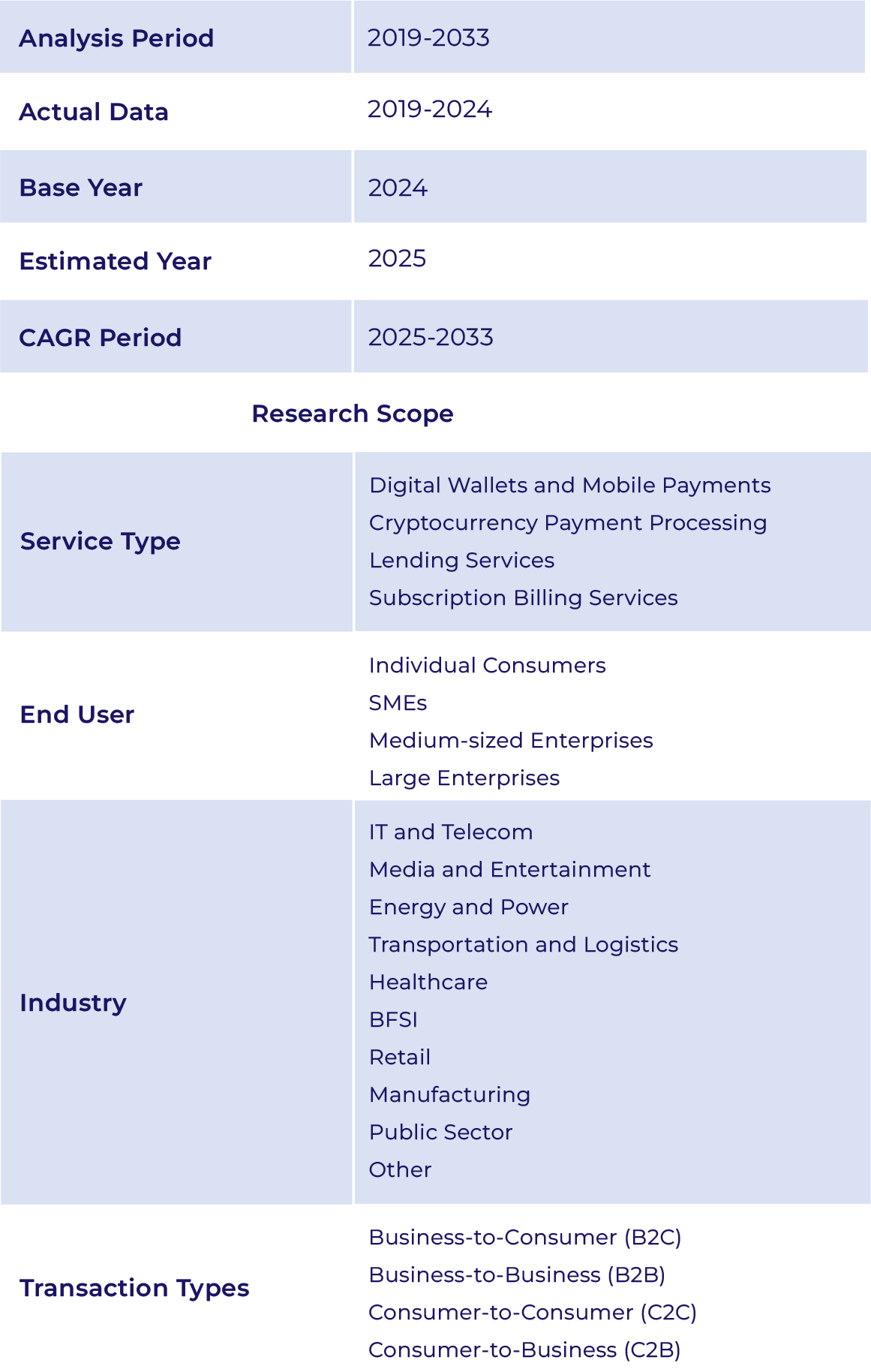Canada Fintech Digital Commerce Market Growth and Performance
- With a X7.0% year-over-year increase, the fintech digital commerce market size in Canada reached US$ XX5.19 Billion in 2023.
- This projection indicates a compound annual growth rate of X9.0% during 2024 to 2032, the Canada fintech digital commerce market size reaching US$ X.X9 Trillion by 2032.
Canada Fintech Digital Commerce Market Outlook
The Canada fintech digital commerce market has emerged as a critical driver of innovation in the country’s financial services industry. With rapid advancements in digital payments, wealth management, and insurtech, Canada is positioning itself as a significant player in the global fintech ecosystem. The Canada fintech digital commerce market outlook remains positive, with continued digital adoption, regulatory support, and technological advancements. Despite global economic uncertainties, Canada fintech sector demonstrates resilience, with increasing mergers and acquisitions driving market consolidation. The rise of open banking, government-backed fintech initiatives, and strategic partnerships between fintechs and traditional financial institutions will further shape the industry’s future.
Canada Fintech Digital Commerce Market Growth
The Canada fintech digital commerce market growth has been substantial over the last decade. Canadian fintech companies have raised over $18 billion across 1,100 deals in the past ten years, with 2021 witnessing a record one-third of total funding. Despite a funding slowdown in 2022 and 2023, investment levels remain higher than pre-pandemic figures, indicating continued optimism. A key driver of growth is the rising adoption of digital payments. According to industry insights, Canada processed $11.9 trillion in retail payment transactions in 2023, with digital payments accounting for 86% of the total volume. Increased mobile penetration, e-commerce expansion, and innovations in financial technology have all contributed to the sector’s expansion.
Canada Fintech Digital Commerce Market Trends
Several key Canada fintech digital commerce market trends are shaping the industry:
- Shift Toward Digital Payments: Contactless payments accounted for 53% of total transactions in 2023, reflecting consumers' preference for frictionless payment methods.
- Growth of Online Transfers: Online transfers surpassed checks in business payments for the first time in 2023, signaling the declining role of traditional banking instruments.
- AI Integration: Nearly 49% of Canadian businesses plan to leverage generative AI to enhance operational efficiency and customer engagement.
- Buy Now, Pay Later (BNPL) Expansion: BNPL solutions are gaining traction, particularly among younger demographics seeking flexible credit options.
- Blockchain and Crypto Developments: While regulatory scrutiny remains, interest in decentralized finance and digital assets is growing within Canada’s fintech landscape.
- Insurtech Disruption: Insurtech firms are reshaping the insurance sector with AI-driven risk assessment and digital underwriting.
Canada Fintech Digital Commerce Market Competitive Landscape
The Canada fintech digital commerce market competitive landscape is dominated by key players across various sectors. The top 150 fintech companies in 2023, operate in categories such as payments, wealth management, insurtech, and lending. Notable companies include:
- Payments and Money Transfer: Firms like Payfirma, Nanopay, and KOHO are transforming the digital payment space.
- Wealth Management: Wealthsimple and Nest Wealth lead in robo-advisory and automated investment solutions.
- Insurtech: Companies such as Sonnet and PolicyMe are revolutionizing digital insurance offerings.
- Lending and Credit: Borrowell and Clearco provide innovative credit solutions tailored to small businesses and individuals.
Geographically, fintech activity is concentrated in Ontario (60% of funding), followed by Quebec and British Columbia (15% each). Toronto, in particular, has cemented itself as Canada’s fintech hub, attracting significant investments and fostering collaboration between startups, financial institutions, and regulators.
Canada Fintech Digital Commerce Market Development
To sustain Canada fintech digital commerce market development, several key areas require focus:
- Regulatory Clarity: A balanced regulatory framework is needed to foster innovation while ensuring consumer protection.
- Funding Accessibility: Supporting early-stage startups through seed funding and venture capital will drive new fintech innovations.
- Talent Development: Expanding the fintech talent pool through education and specialized training programs will address industry needs.
- International Expansion: Encouraging cross-border fintech collaborations will enhance Canada’s role in the global financial ecosystem.
Canada Fintech Digital Commerce Market Scope







